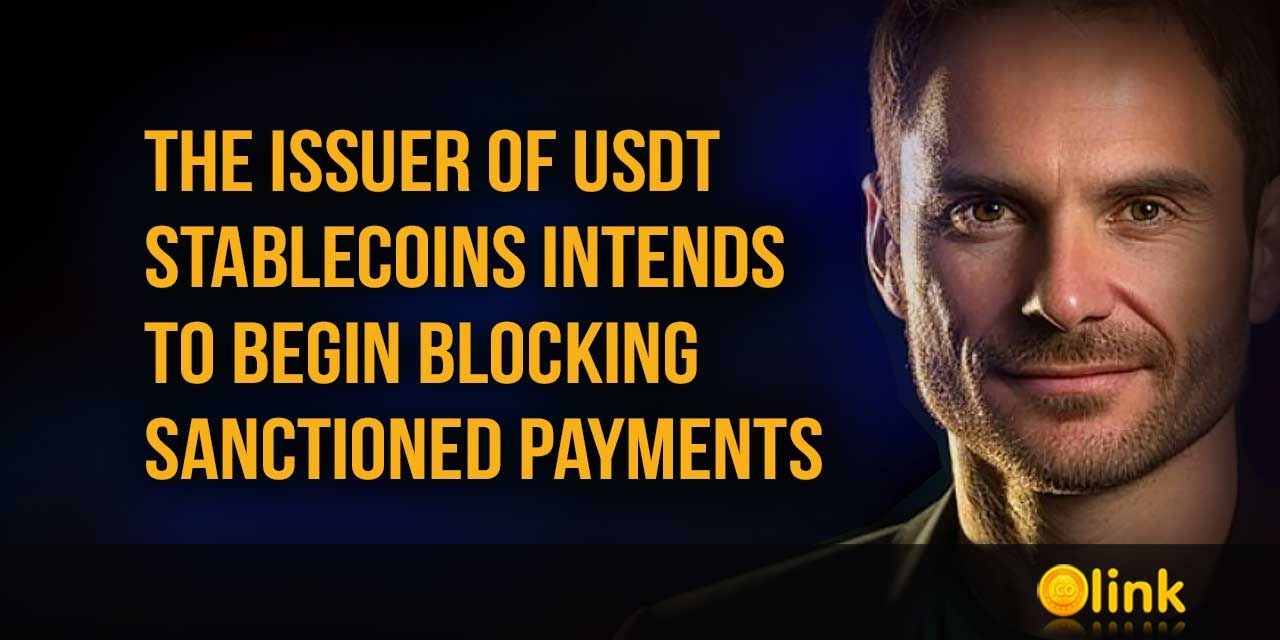The issuer of USDT stablecoins intends to begin blocking sanctioned payments
USDT Stablecoin Supplier Implements Sanctions Compliance
In a marked transformation, the organization behind the distribution of USDT stablecoins has made a public declaration to discontinue facilitating transactions for parties recognized on the sanctions roster by the US Department of the Treasury's Office of Foreign Assets Control (OFAC). This announcement opens a novel chapter for the purveyor of the planet's most in-demand stablecoin, coinciding with Venezuela's state oil company, PDVSA, unveiling its strategy to employ dollar-equivalent stablecoins (USDT) for global remunerations of oil exports. The move is designed as a workaround to the economic embargoes instituted by OFAC.
The initiative to curb sanctioned financial transfers comes as a reaction to the Treasury's introduction of new prohibitions, compelling associates of PDVSA to cease all dealings in US dollars for oil transactions by the terminal phase of May. Moreover, the Treasury has necessitated the seizure of dollar-denominated reserves of PDVSA housed in foreign banking entities. In a resolute gesture in December of 2023, Tether's head honcho, Paolo Ardoino, disclosed the firm's dedication to synchronizing with international regulatory and judicial organizations. He signaled the onset of a rigorous policy aimed at freezing the accounts of individuals or establishments flagged by OFAC's sanctions review.
At its core, the issuer's pivot towards a regulatory-aligned operation reflects an astute combination of compliance and visionary planning. By navigating through the meticulous maze of global finance norms, the supplier does not merely safeguard its operational framework but also establishes a benchmark for digital monetary networks across the globe. As the expanse of digital currencies continues to burgeon, such directives underscore the criticality of conforming to worldwide fiscal legislations, ensuring the stablecoin supplier steers the digital financial sector's journey towards a conformed future.






